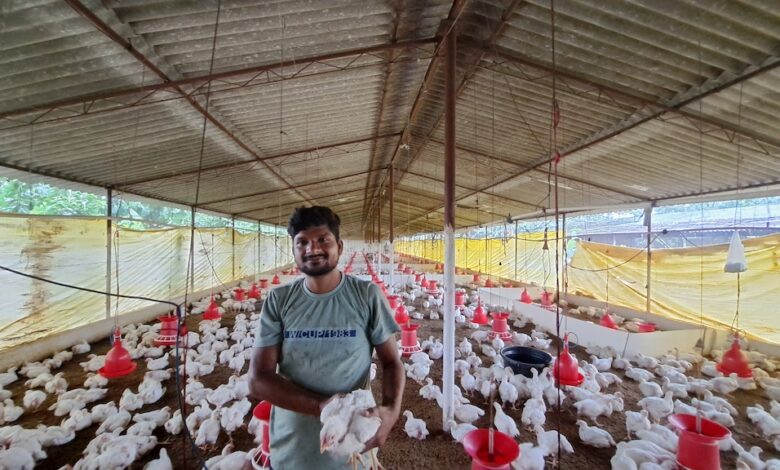Free-Range Systems Promoting Sustainability in the Egg Farming Industry – Hillandale Farms

Sustainability has become a central concern in modern agriculture, and the egg farming industry is no exception. As consumers become increasingly aware of the environmental and ethical implications of their food choices, the demand for sustainable egg production practices continues to grow. One specific focus in this area is the promotion of free-range systems as a more sustainable and humane alternative to conventional egg farming methods. Here,we will discuss the benefits of free-range systems in the context of sustainability and the challenges producers like Hillandale Farms face in implementing these practices on a larger scale.
The Benefits of Free-Range Systems
Free-range egg production systems provide numerous environmental, ethical, and health benefits, including:
- Animal welfare: Free-range systems allow hens to express their natural behaviors, such as foraging, dust bathing, and nesting. This contributes to improved mental and physical well-being compared to confined systems like battery cages or barns.
- Biodiversity and ecosystem health: Free-range systems can promote biodiversity by providing habitats for various flora and fauna. The presence of hens in these systems can also contribute to natural pest control, reducing the need for chemical pesticides.
- Soil health: Hens in free-range systems can help improve soil health through their natural foraging and manure distribution. This can lead to enhanced soil fertility, improved water retention, and reduced erosion.
- Reduced greenhouse gas emissions: Free-range systems often require less energy for heating, cooling, and lighting compared to intensive confinement systems, resulting in lower greenhouse gas emissions.
- Nutritional benefits: Studies have shown that free-range eggs can have higher levels of nutrients such as omega-3 fatty acids, vitamin E, and beta-carotene compared to eggs from caged hens.
Challenges in Implementing Free-Range Systems
Despite the numerous benefits of free-range egg farming, there are challenges that must be addressed to make these systems more prevalent:
- Cost: Free-range systems can have higher production costs due to increased land requirements, labor, and feed. This can result in higher prices for consumers, which may limit the accessibility of free-range eggs for some households.
- Disease control: Free-range hens may be more susceptible to diseases and parasites due to their increased exposure to the outdoor environment. Implementing effective biosecurity measures and maintaining optimal flock health are crucial for sustainable free-range egg production.
- Predation: Free-range hens can be at risk of predation from wildlife. Adequate fencing, shelter, and monitoring are necessary to protect hens and maintain the sustainability of free-range systems.
- Scaling up production: Transitioning from conventional to free-range systems can be challenging for large-scale egg producers. Addressing logistical, economic, and infrastructural challenges is essential to make free-range systems more widespread in the egg farming industry.
Free-range systems offer significant potential for promoting sustainability in the egg farming industry by improving animal welfare, supporting ecosystem health, and reducing greenhouse gas emissions. However, challenges related to cost, disease control, predation, and scaling up production must be addressed to make these systems more prevalent. By working together, farmers, consumers, and policymakers can help drive the transition towards more sustainable and ethical egg production practices that prioritize the well-being of both hens and the environment.





